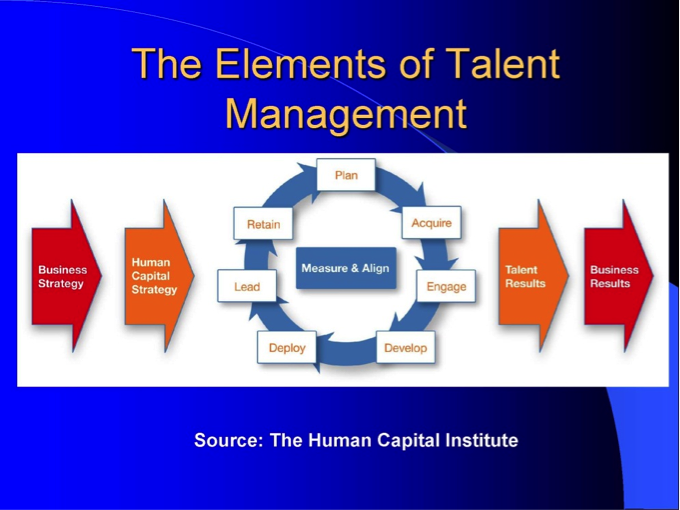Learning to Love Financial Market Barbarians Graziadio Business Review
Post on: 10 Июль, 2015 No Comment

Learning to Love Financial Market Barbarians
Yes, traders do make a valuable contribution to society.
Traders in financial markets are often labeled barbarians denounced, reviled, and blamed for the suffering of others. Such reactions reflect a remarkable degree of misunderstanding-even within the business community-about the role of financial market participants and how they ultimately contribute to society. Damaging regulations in the wake of some disruptive event can be the result of such misperceptions.
Role of Financial Markets
In order to understand how traders contribute to the welfare of society, it is first necessary to understand the three major roles that financial markets play, that is, to:
- Allocate capital. The allocation of capital is the engine that makes our economy run. Without the flow of funds from investors to those in need of funds, new start-up companies would never succeed and company projects would wither. It is also vital that this process allocate needed funds to worthy projects and deny funds to unworthy projects.
- Spread risk. Financial markets reduce the burden of risk by spreading it across many individuals. No one person has to face the prospect of a large catastrophic event.
- Provide information. Individuals look to financial markets to anticipate the future, understand the value of assets, and plan. Many decisions are based on financial market information such as how much should be saved for retirement and which projects should be undertaken.
Role of Speculators
Speculators seem to appear like storm crows during times of shortage. They buy up commodities at a low price and then reap profits as the shortage becomes apparent and prices soar. They have long been blamed for creating these shortages, [1] however, this is more mis perception than reality. The author was surprised to observe commentators in a business news show-who should know better-dismissing speculators as troublemakers, while at the same time, explaining that there may have been other good reasons for a swing in commodities prices.
Imagine that you are an early settler living in the prairie who relies on growing wheat to feed your family. It is vital to anticipate shortages or your family could starve, but with forewarning your family can reduce consumption and, ultimately, suffer less. Fortunately, your mysterious neighbor, Acumen, has almost magical powers to predict shortages. You gladly make him generous payments and Acumen enjoys a prosperous living because of his valuable gift.
Could Acumen have a modern-day equivalent? The answer is yes-the speculator.
Speculators anticipate shortages and buy up commodities early, thereby removing them from the market. This alerts consumers to the oncoming shortage, fulfilling the important financial market role of providing information and allowing them to reduce consumption as prices rise. Later, the speculator sells, ameliorating the shortage while making a profit.
Speculators anticipate and warn others about shortages-they do not cause shortages. As a result of their trades, price swings are less severe than they otherwise would have been. We do not blame doctors, police, or firemen for profiting from the misfortune of others because it is understood that they help a bad situation. Speculators deserve the same consideration.
In Essays in Positive Economics, [2] Milton Friedman points out that only irrational speculators will make price swings worse. Such individuals buy up commodities during times of plenty-in effect buying high and selling low-and will not survive in financial markets.
A number of academic papers have been published since Friedmans assertion, some of which challenge the beneficial role of speculators. [3] However, none assert that because we see speculators buying before times of shortage we can assume that they are causing the shortage.
Critics are quick to point to egregious examples of market manipulation by speculators. Enrons trading in electricity futures is an obvious example, [4] as is British Petroleums trading in natural gas futures. [5] It is interesting to note that Enron went bankrupt and British Petroleum lost money as results of their manipulation.
Just as we do not blame all police or doctors because there are a few bad apples that harm others, all speculators should not be painted with the same brush as their bad apple counterparts. Furthermore, participants in these schemes have been punished under existing law for their misdeeds.
Role of Futures Traders
Someone unfamiliar with futures markets might ask: Arent futures just gambles? After all, when one person wins the other person loses. The stock market is more worthwhile because if stock prices go up, everybody can win. The answer to this question is that futures markets provide insurance and insurance is a zero sum game, just like a bet.
Imagine that you hear a knock at the door. You open the door to be greeted by: Want to bet that your spouse kicks the bucket? You can win a big payout.
Is this person a ghoulish apparition, a monster? Actually, he is a life insurance salesman. The reader might object to the language of the sales pitch, because obviously there are valid reasons for taking out life insurance-namely, to protect or compensate someone who has suffered a terrible loss. The futures market fulfills a very similar role-providing insurance in the event of a loss-and should receive similar verbal consideration.














